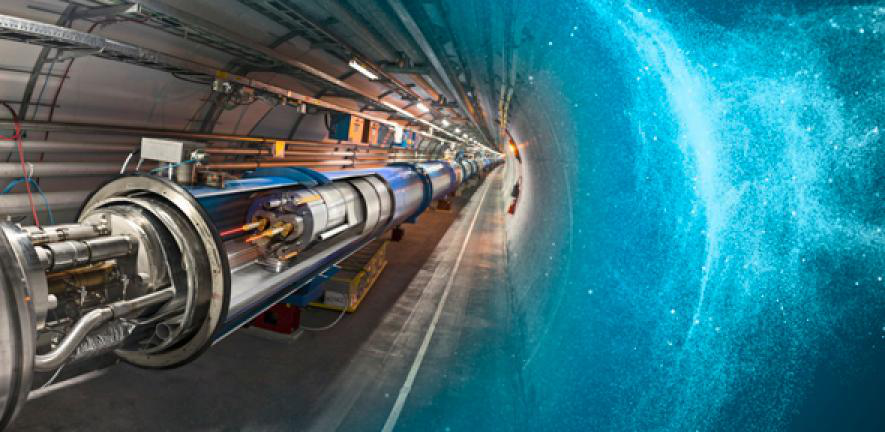Speaker
Description
We develop a machine learning-based generative model, using scikit-learn to generate a list of particle four-momenta from the Large Hadron Collider (LHC) proton-proton collisions. This method estimates the kernel density of the data using the Gaussian kernel and then generates additional samples from this distribution. As an example of application, we demonstrate the ability of this approach to reproduce a set of kinematic features, that are used for the search of new resonances decaying to Z(ll)γ final states at the LHC. This generative model is constructed to take the pre-processed Zγ events and generate sample data with accurate statistics, mimicking the original distributions and achieving better performances with respect to the standard event Monte-Carlo generators.

